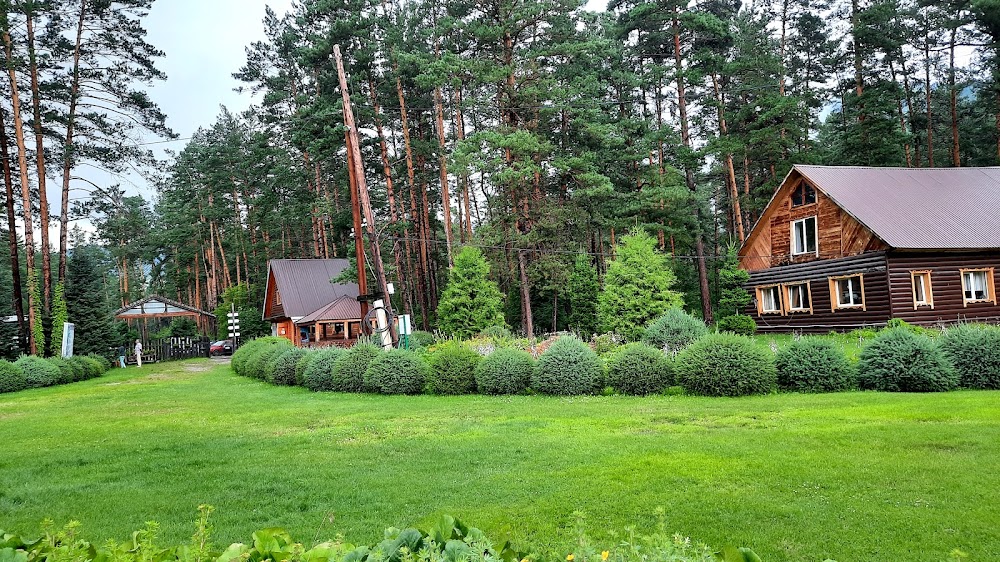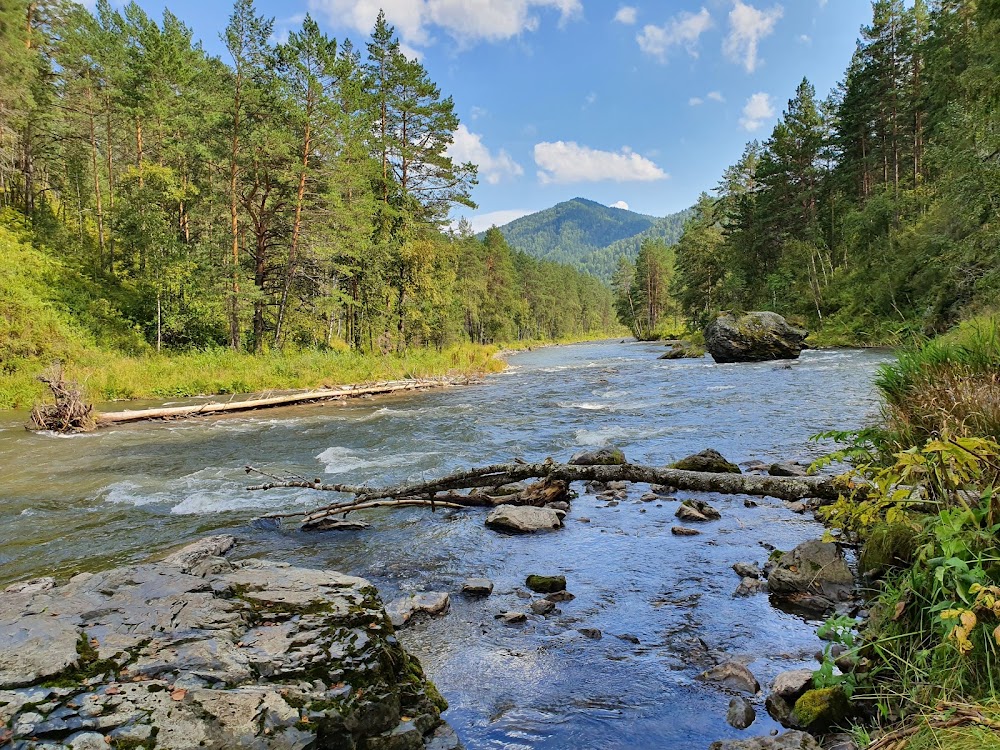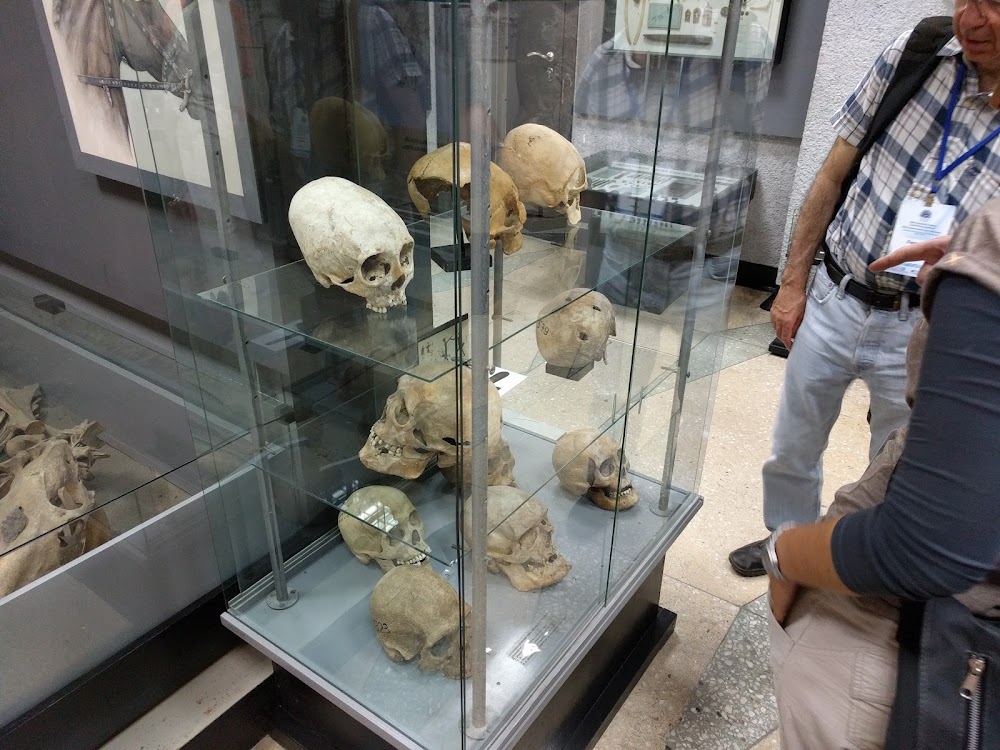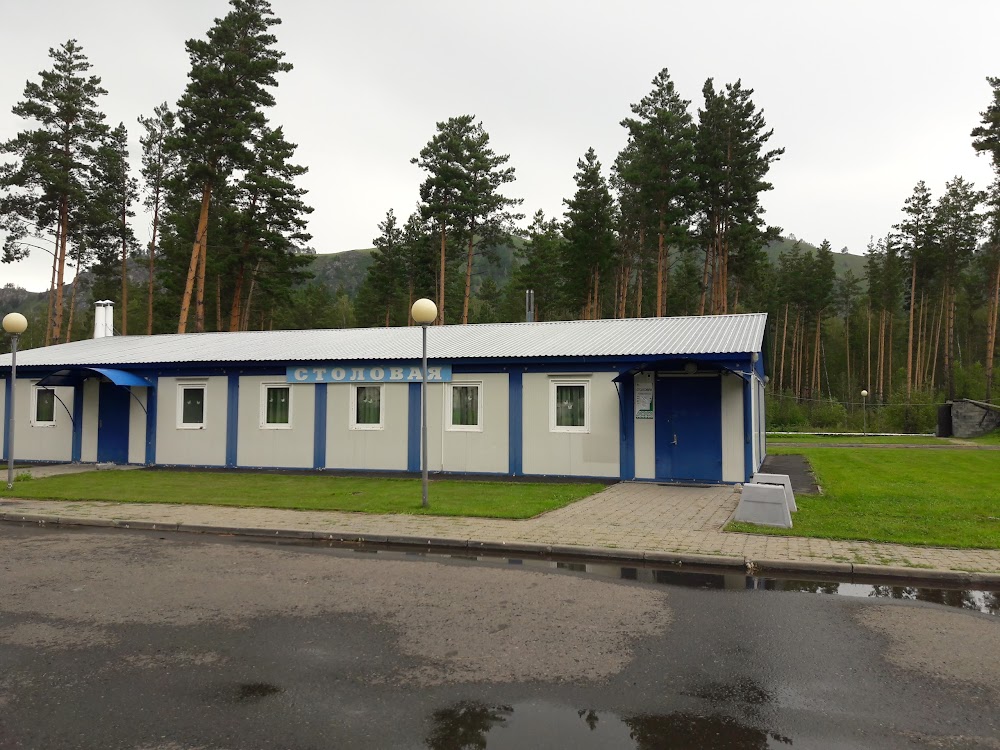Altai Botanical Garden (Алтайский ботанический сад)
Overview
The Алтайский ботанический сад, a branch of the Central Siberian Botanical Garden of the Siberian Branch of the Russian Academy of Sciences (СО РАН), is a stunning and essential gem in Altai Krai, Russia. Renowned not only for its breathtaking landscapes but also for its critical contributions to plant conservation and scientific research, this botanical garden occupies a special place in the heart of the region.
Established in the mid-20th century, the Altai Botanical Garden was founded with the primary mission of studying and preserving the unique flora of the Altai region. Under the guidance of botanists and researchers from the Central Siberian Botanical Garden, this initiative has blossomed into a sanctuary for a diverse array of plant species.
The garden's location was chosen with great care, nestled against the majestic Altai Mountains. This stunning backdrop provides a naturally diverse habitat, ideal for a botanical garden. The area's varied climate and geography make it a perfect setting for studying a wide range of plant life.
Spanning several hectares, the garden is meticulously divided into sections, each dedicated to specific plant collections and ecosystems. Visitors are welcomed by lush green lawns and vibrant flower beds, thoughtfully arranged to showcase the beauty of seasonal blooms. Each section is designed to reflect different aspects of both local and exotic flora.
Among the garden's remarkable features is its collection of rare and endangered plants native to the Altai region. These species are carefully cultivated and studied by a dedicated team of botanists, making the Altai Botanical Garden a sanctuary for their preservation and protection for future generations.
The garden is also home to several state-of-the-art greenhouses, providing controlled environments for plants that thrive under specific conditions. These greenhouses house tropical and subtropical species, offering a slice of exotic nature in the heart of Siberia, where optimal care is ensured year-round.
Educational Programs play a vital role in the garden's mission. Regular workshops, guided tours, and lectures are hosted to educate the public about plant biology, conservation, and the importance of protecting biodiversity. These programs cater to both children and adults, fostering a community of plant enthusiasts and aspiring botanists.
Research is a cornerstone of the garden's operations, with scientists conducting various studies on plant genetics, physiology, and ecology. The findings contribute significantly to our understanding of plant life and aid in developing strategies for conserving endangered species.
One of the garden's highlights is its herbarium, a vast collection of preserved plant specimens serving as a valuable resource for researchers and students alike. Each specimen is meticulously documented and preserved, making it an essential asset for the garden's scientific endeavors.
The Altai Botanical Garden also collaborates with international botanical institutions, sharing knowledge and resources to advance the global understanding of plant science. These partnerships have resulted in joint research projects and the exchange of plant specimens, enhancing the diversity of the garden's collections.
Visiting the Altai Botanical Garden is a serene and enriching experience. The well-maintained paths, informative signage, and harmonious blend of natural and man-made elements create an ideal environment for relaxation, education, and inspiration. It’s a place where visitors can connect with nature, learn about the incredible diversity of plants, and appreciate the efforts made toward conservation.
In conclusion, the Altai Botanical Garden is more than just a garden; it is a hub of scientific research, education, and conservation efforts. This serene oasis in Altai Krai stands as a testament to the beauty and diversity of the region’s flora and the dedication of those who work tirelessly to preserve it. Each visit inspires and educates, playing a vital role in the conservation of plant biodiversity.







